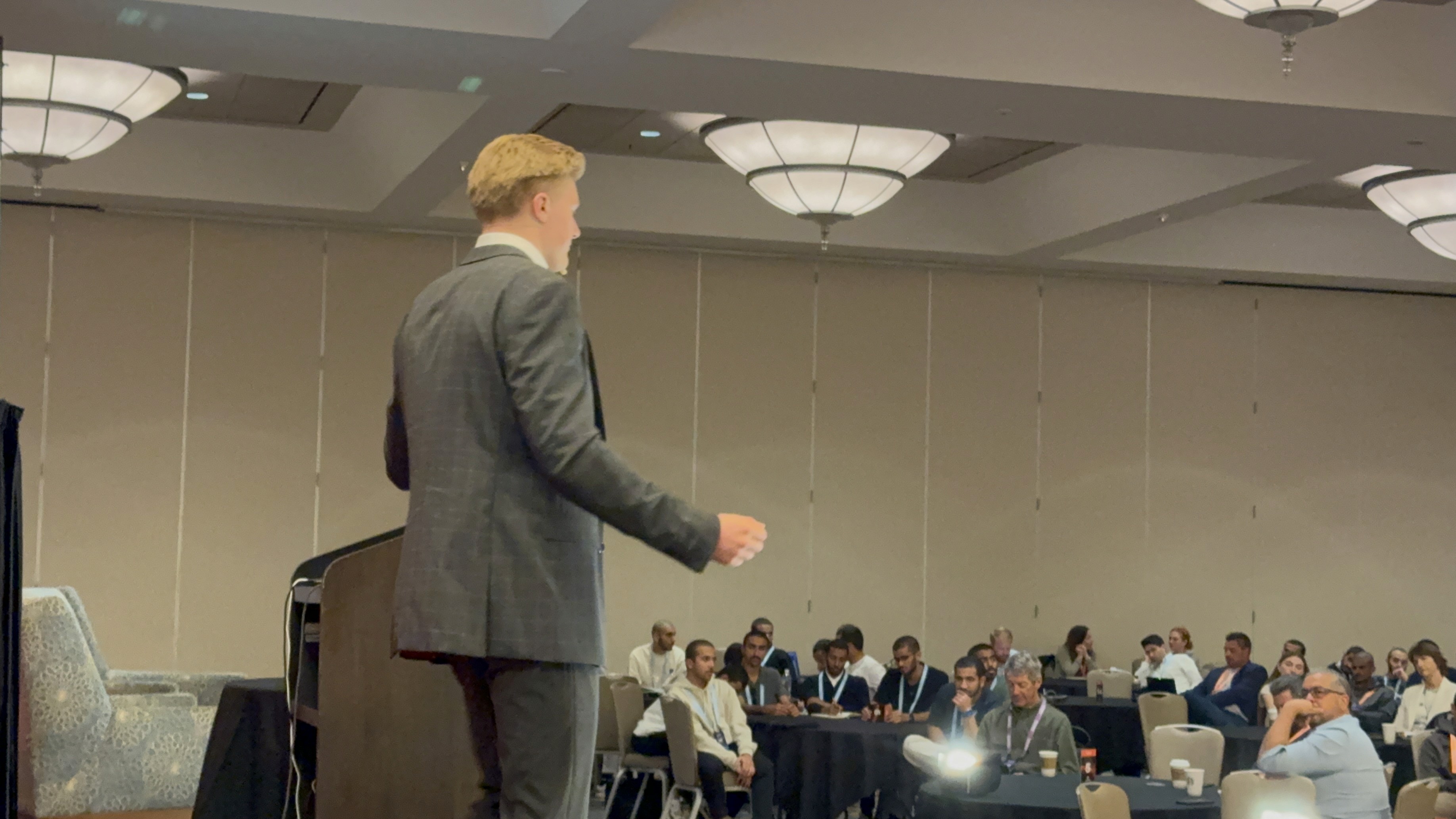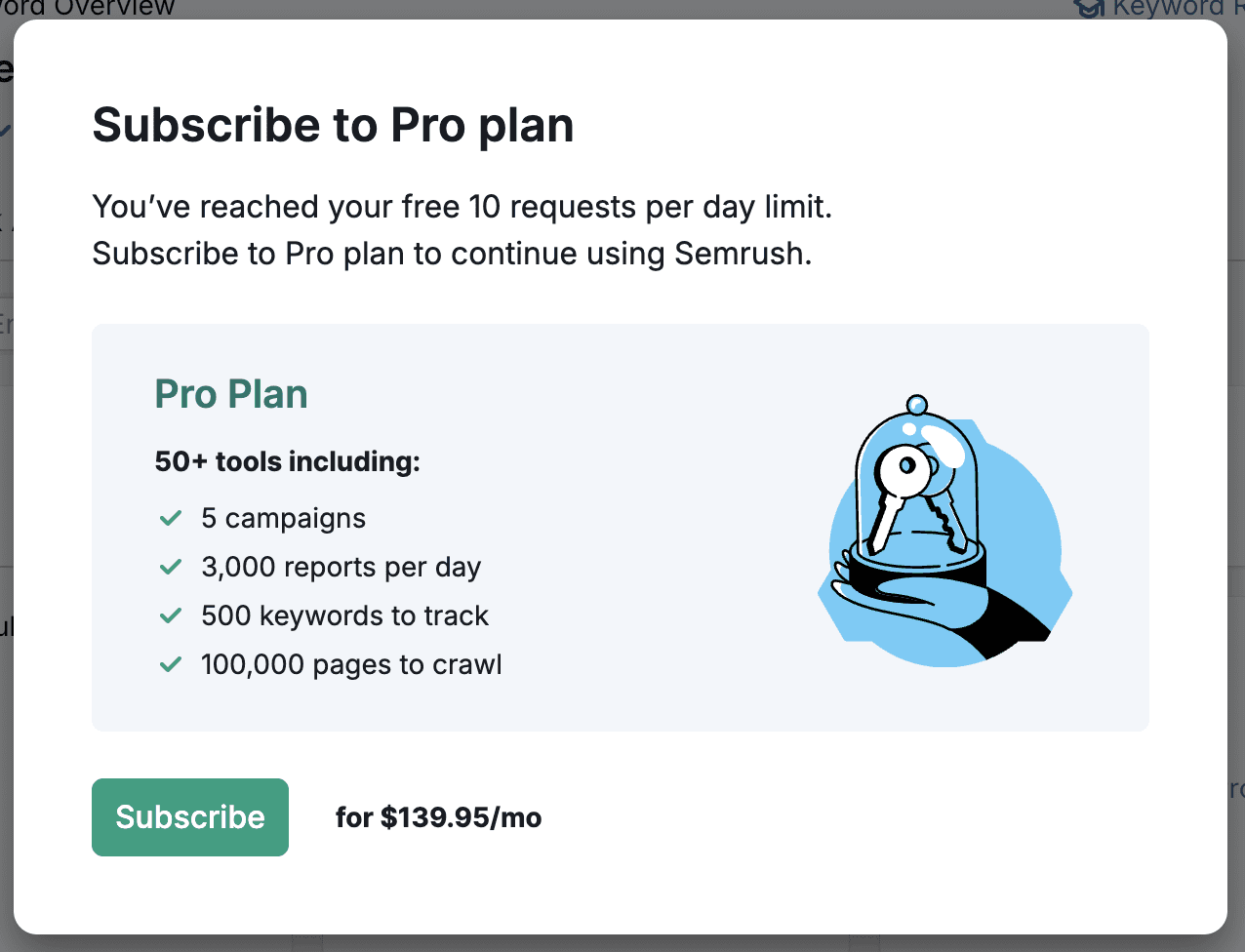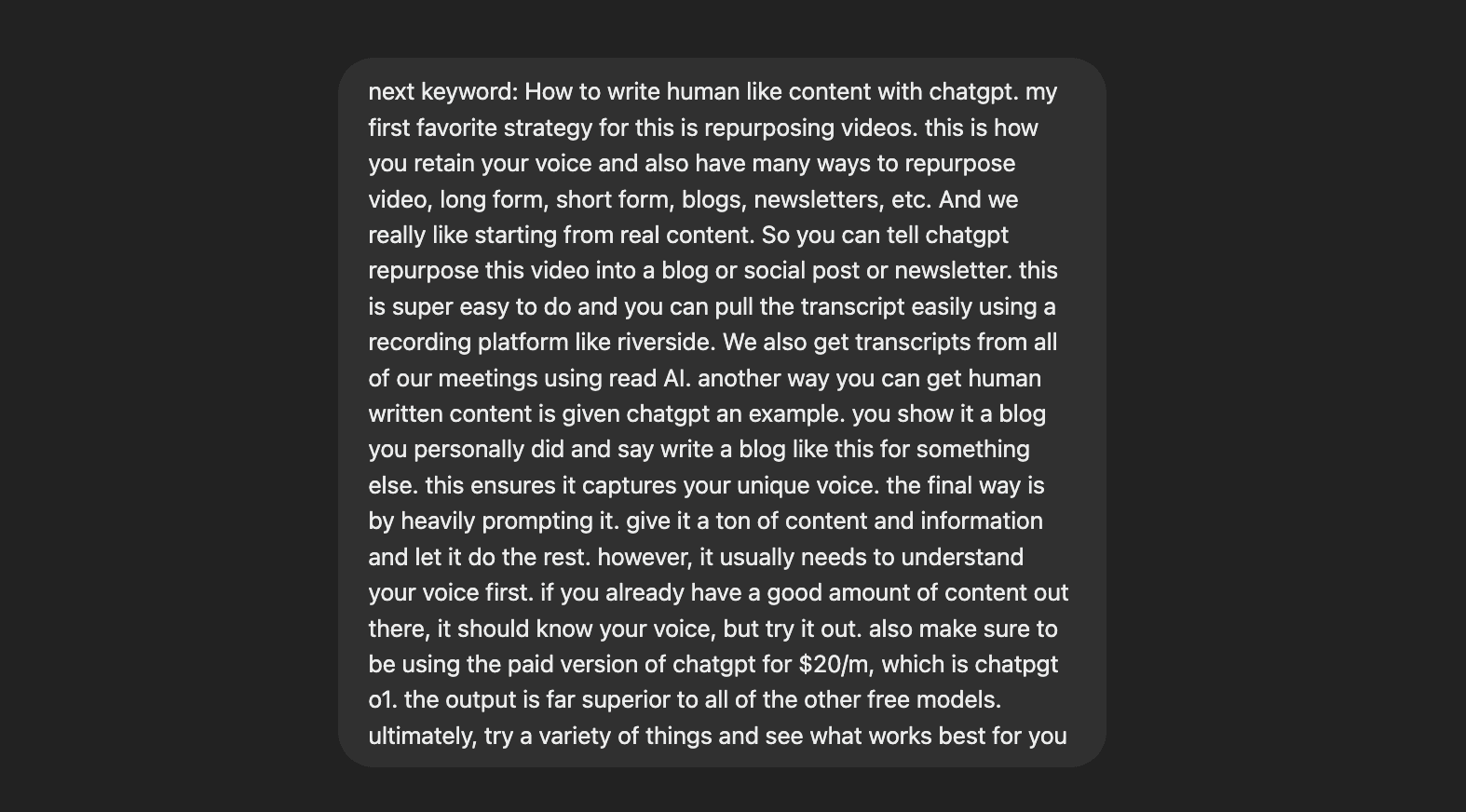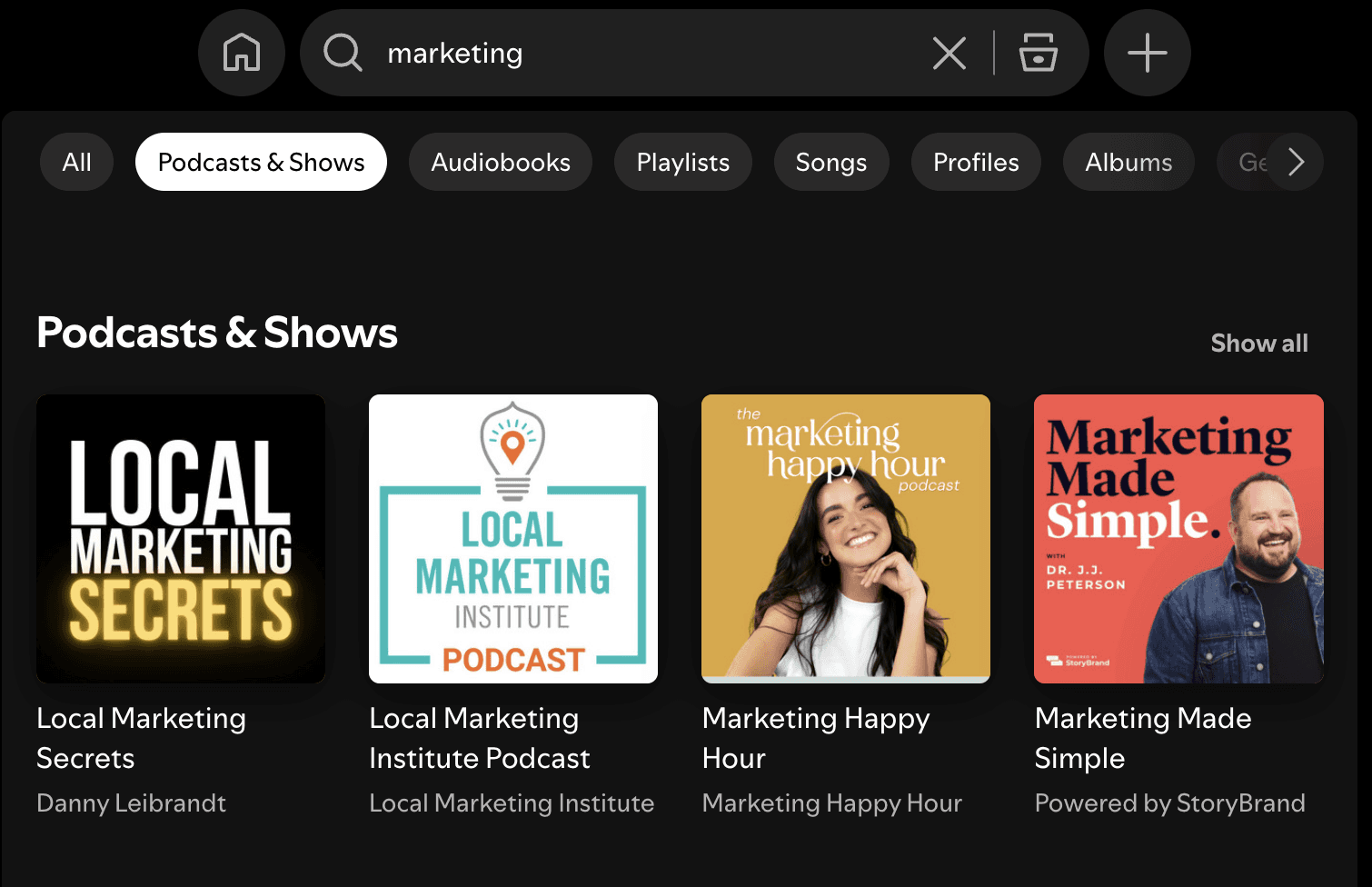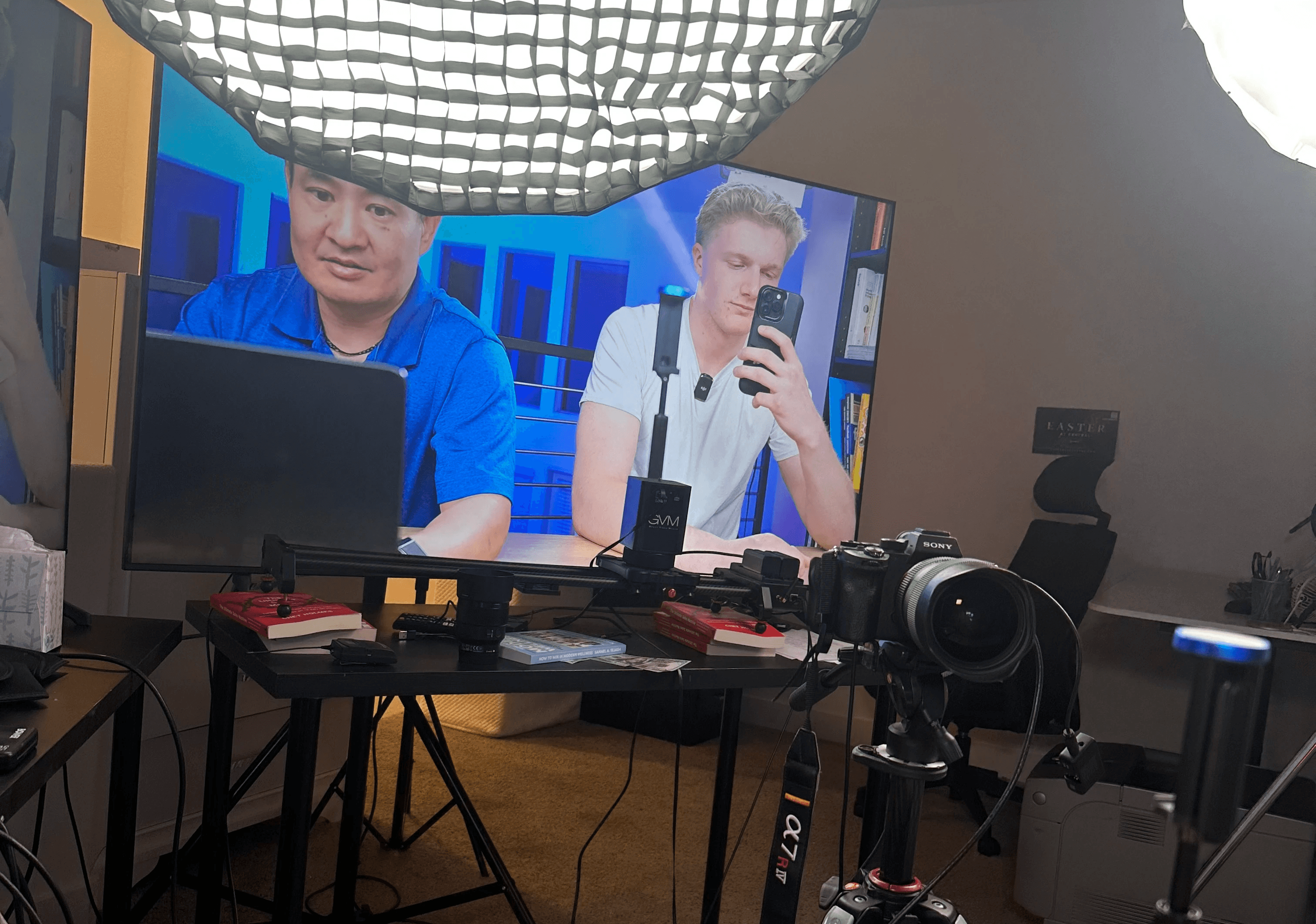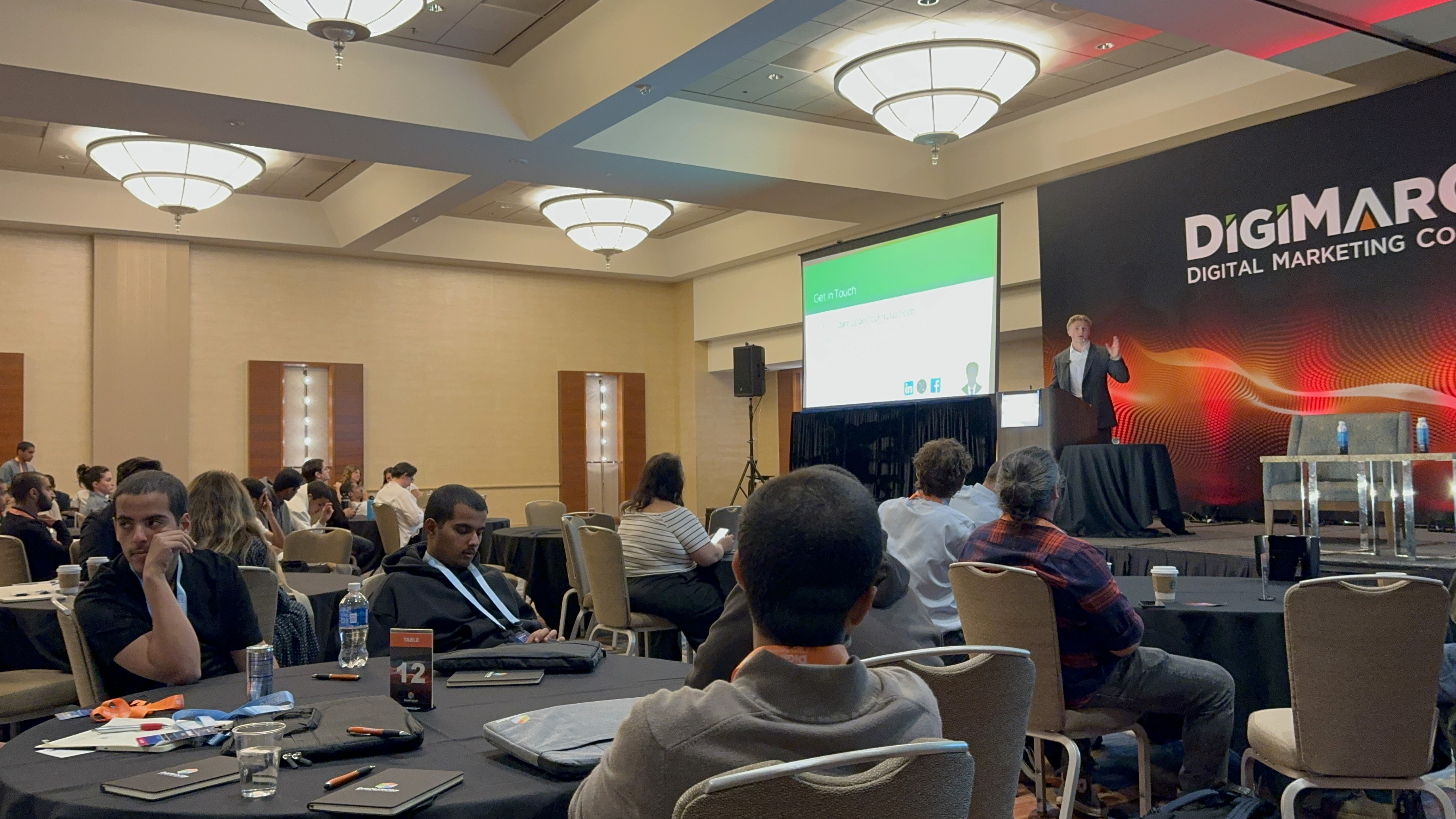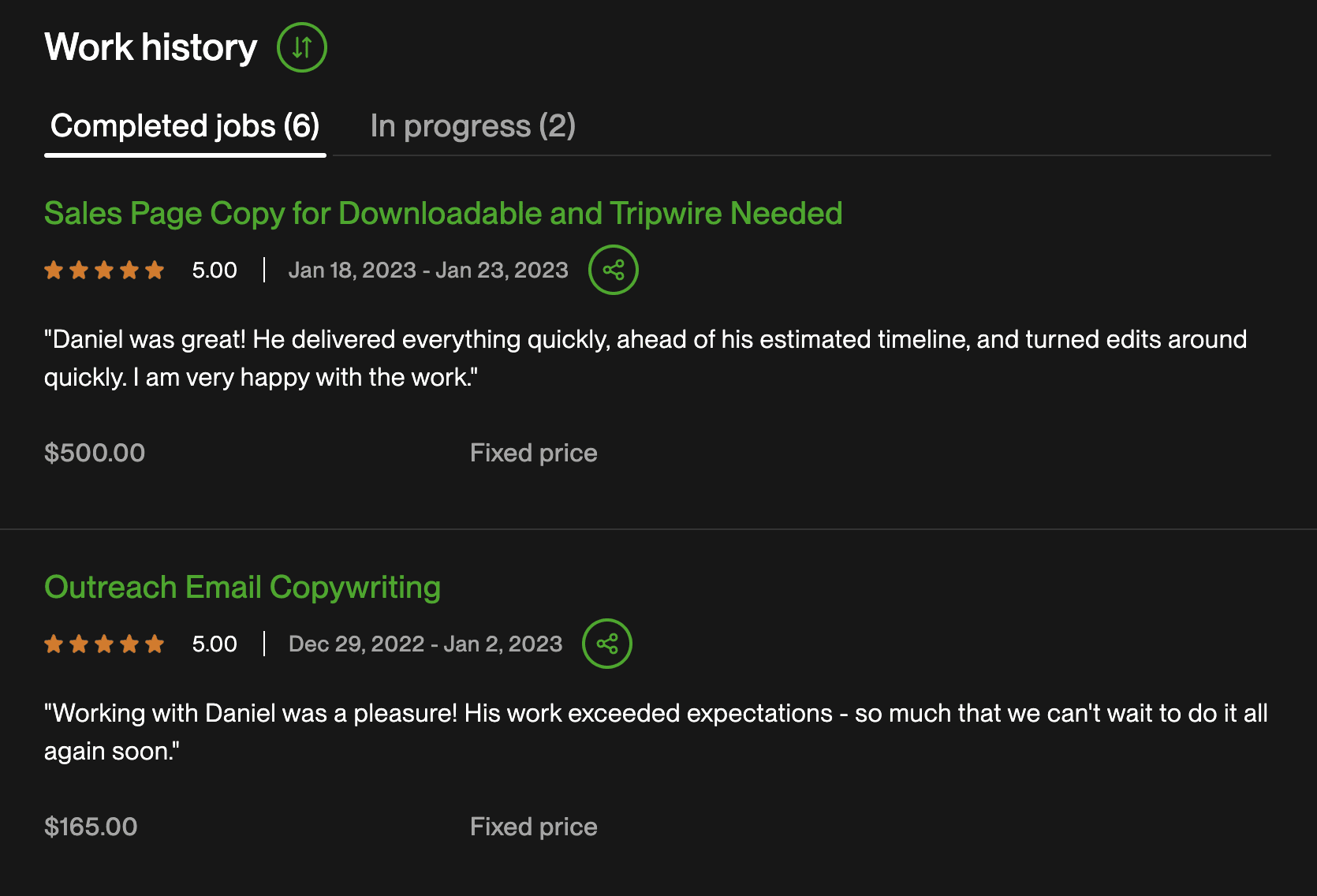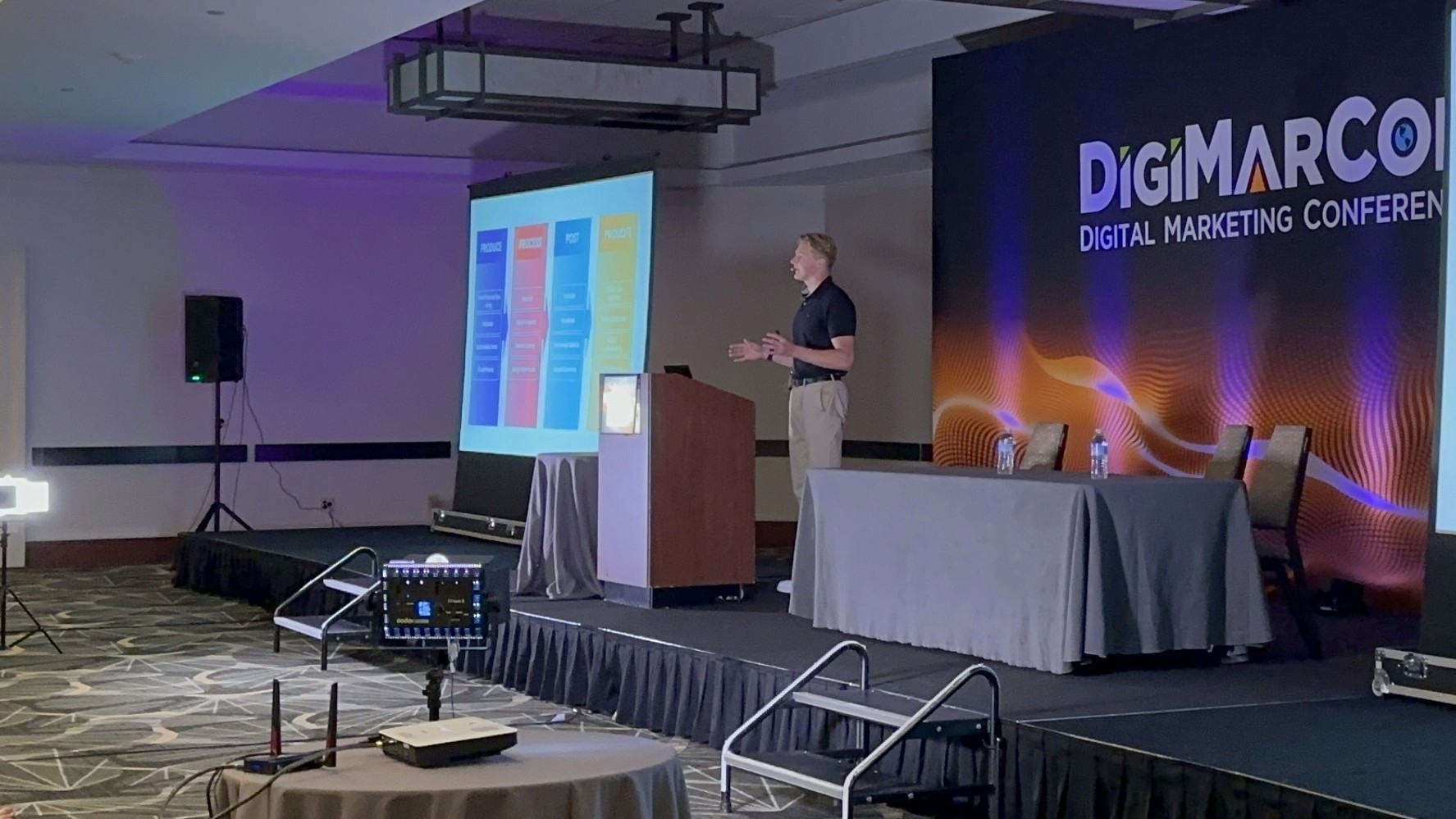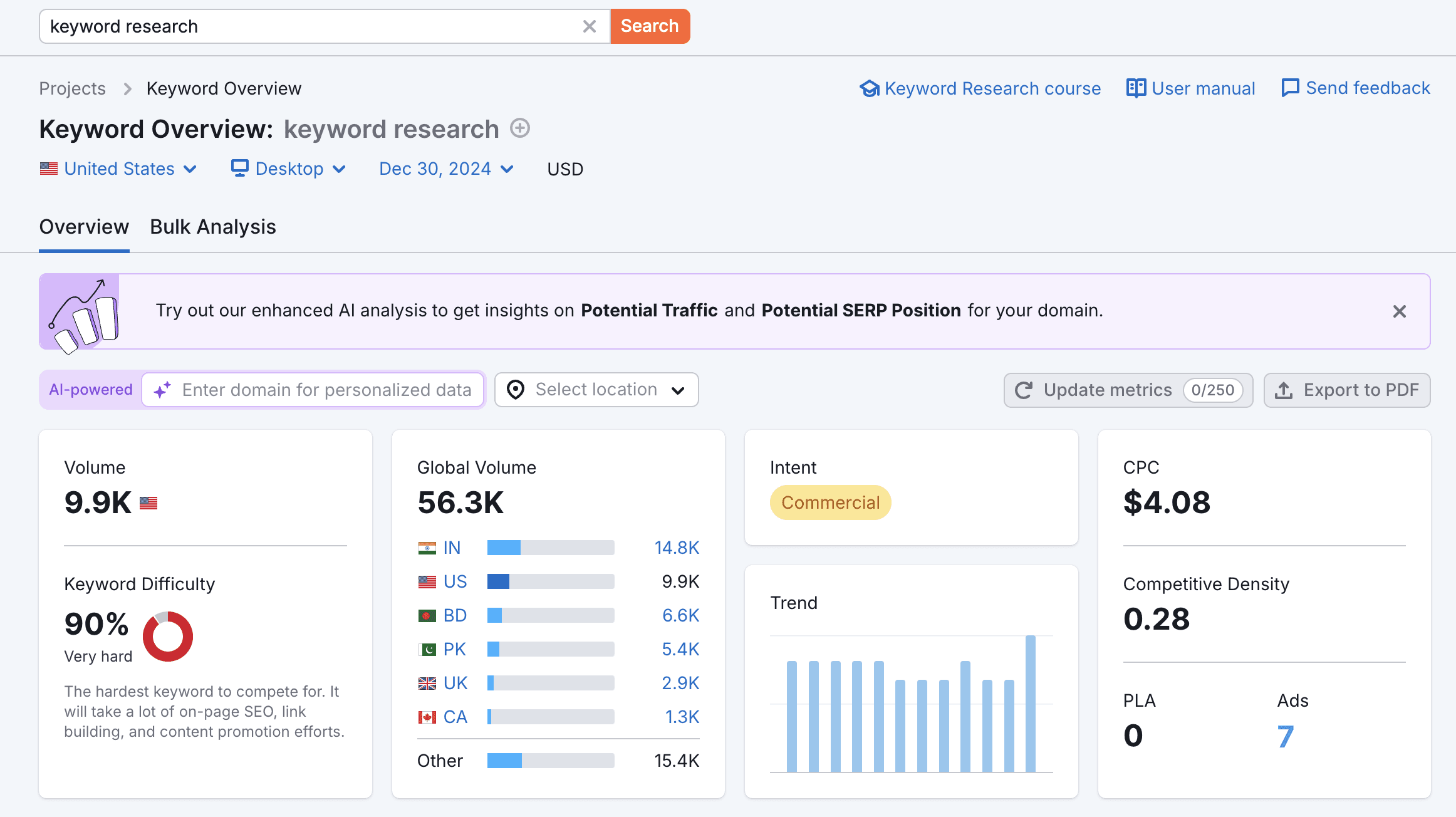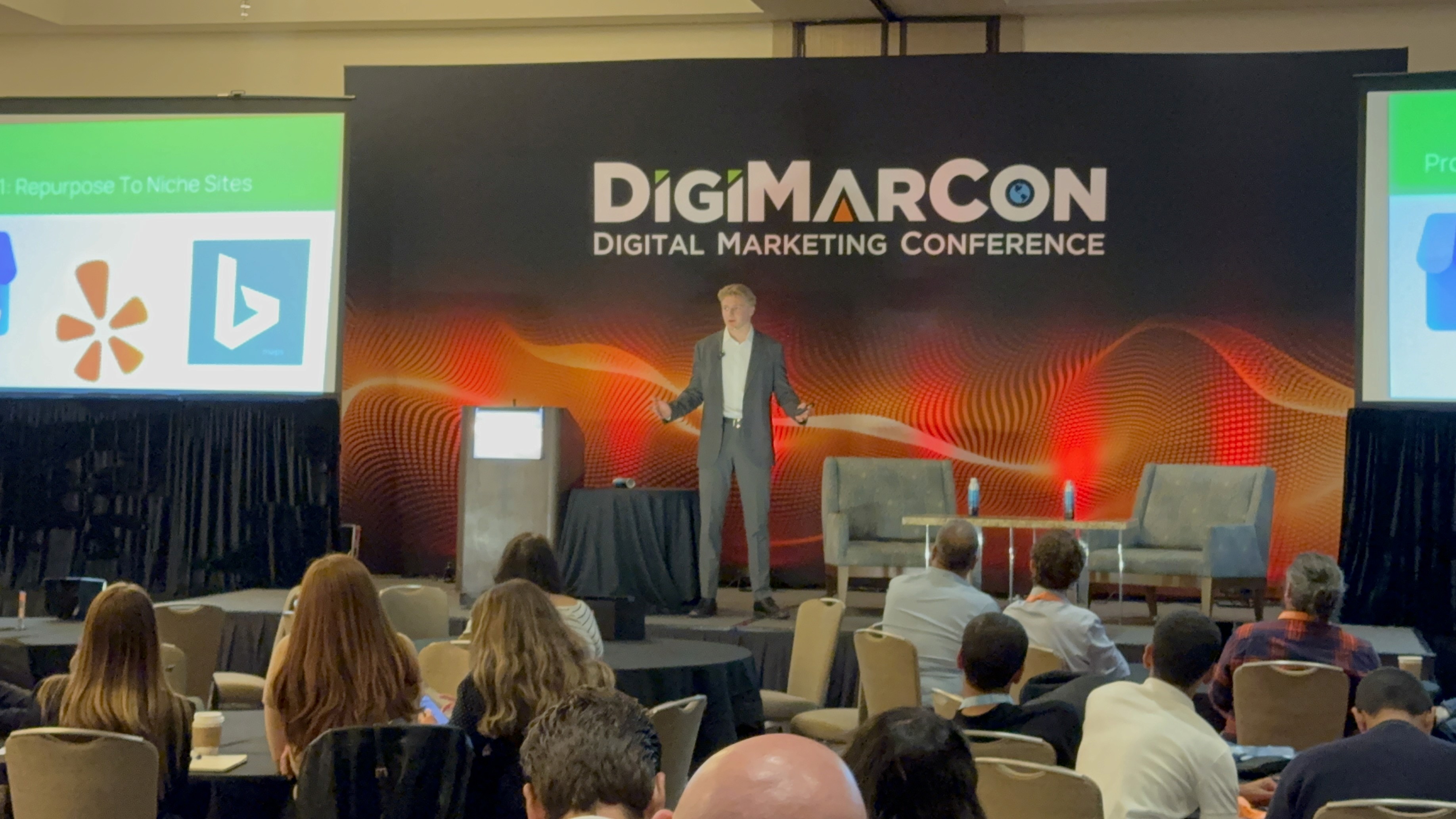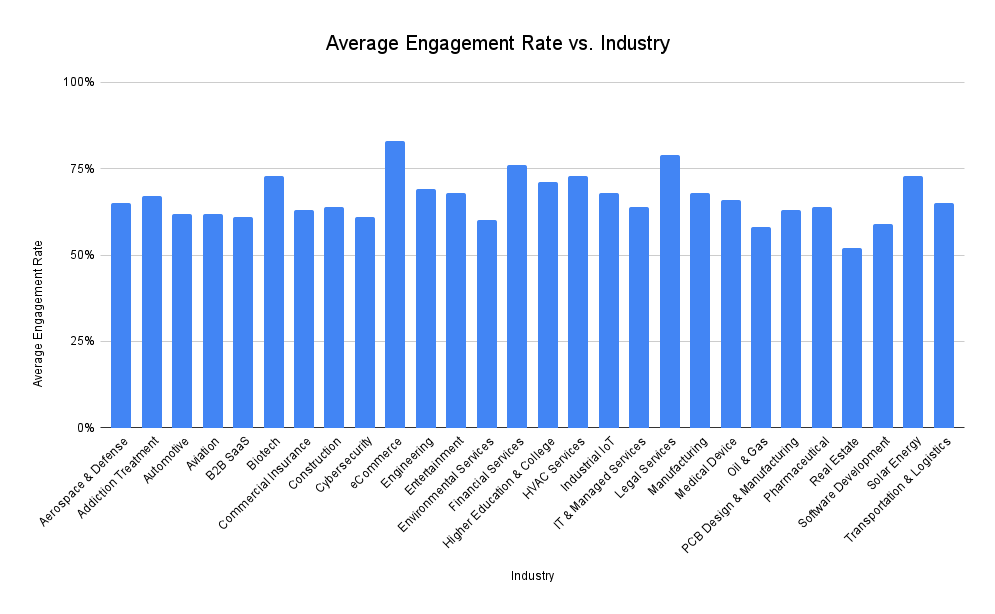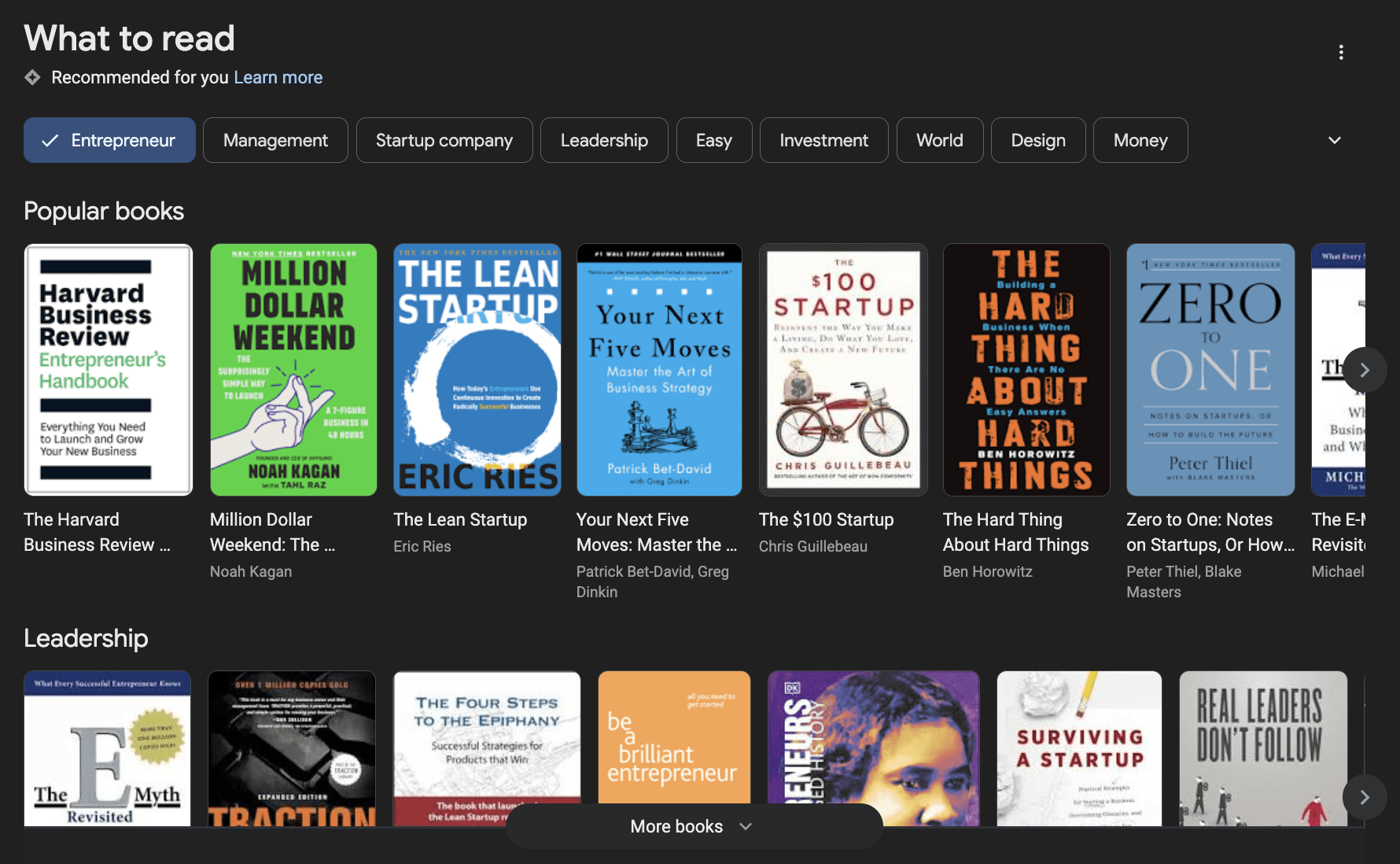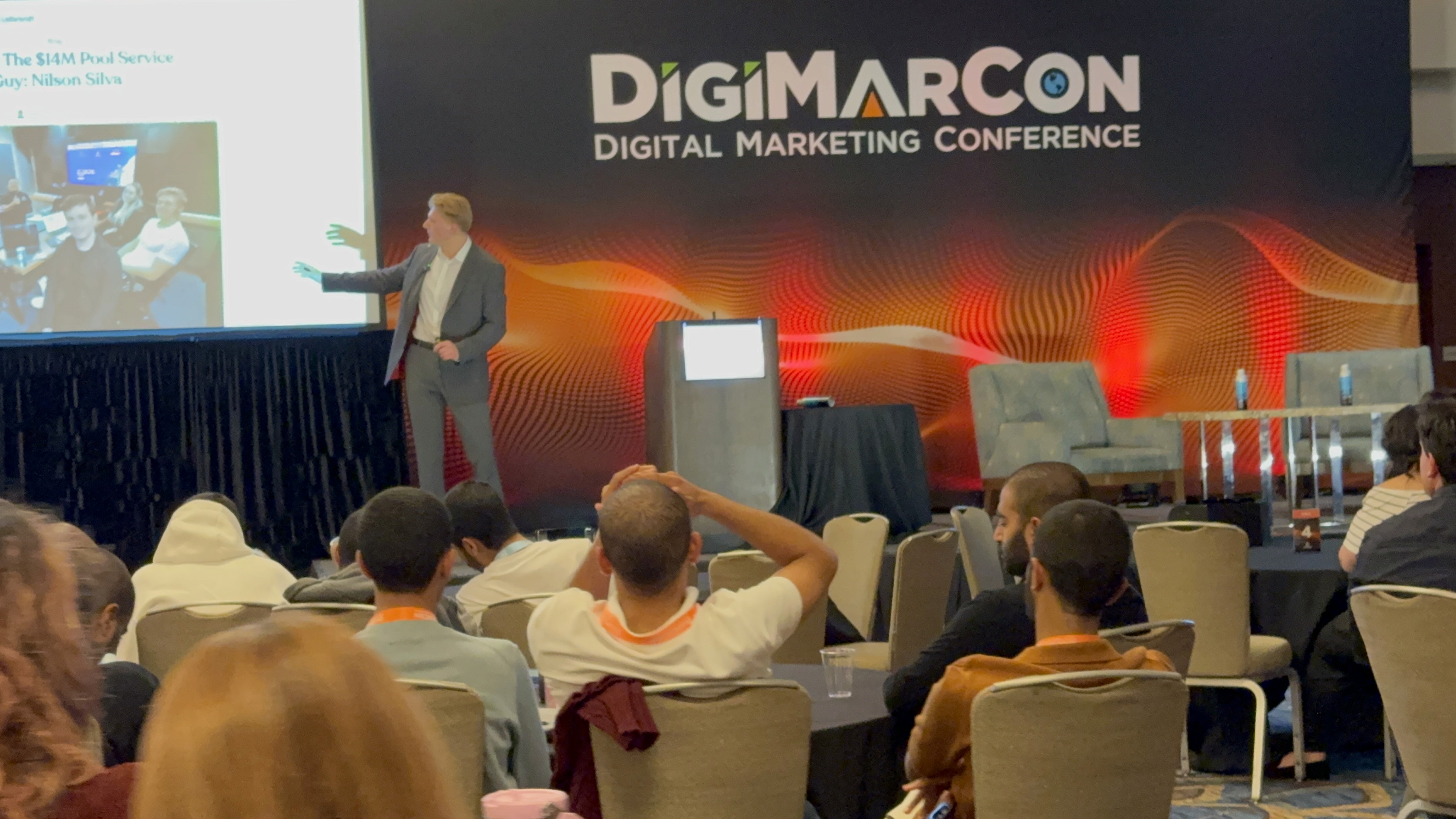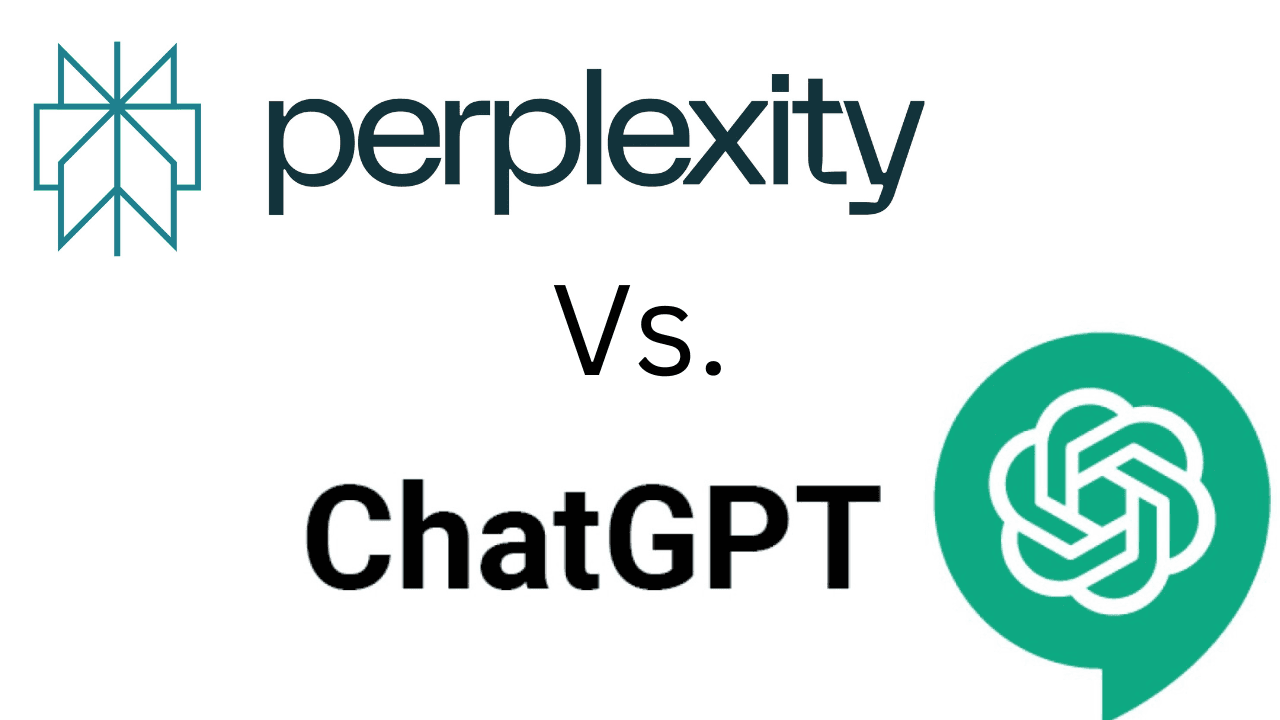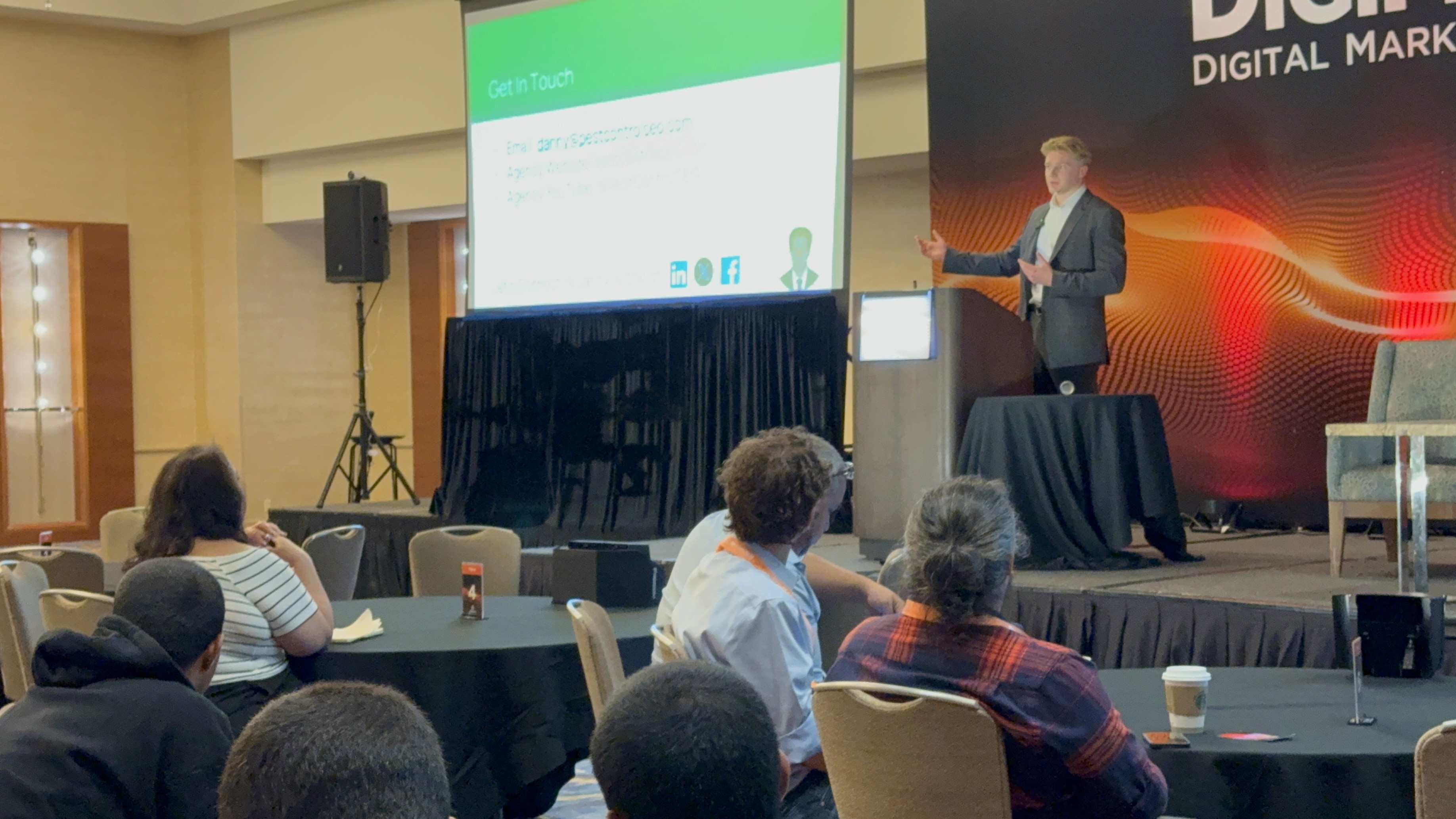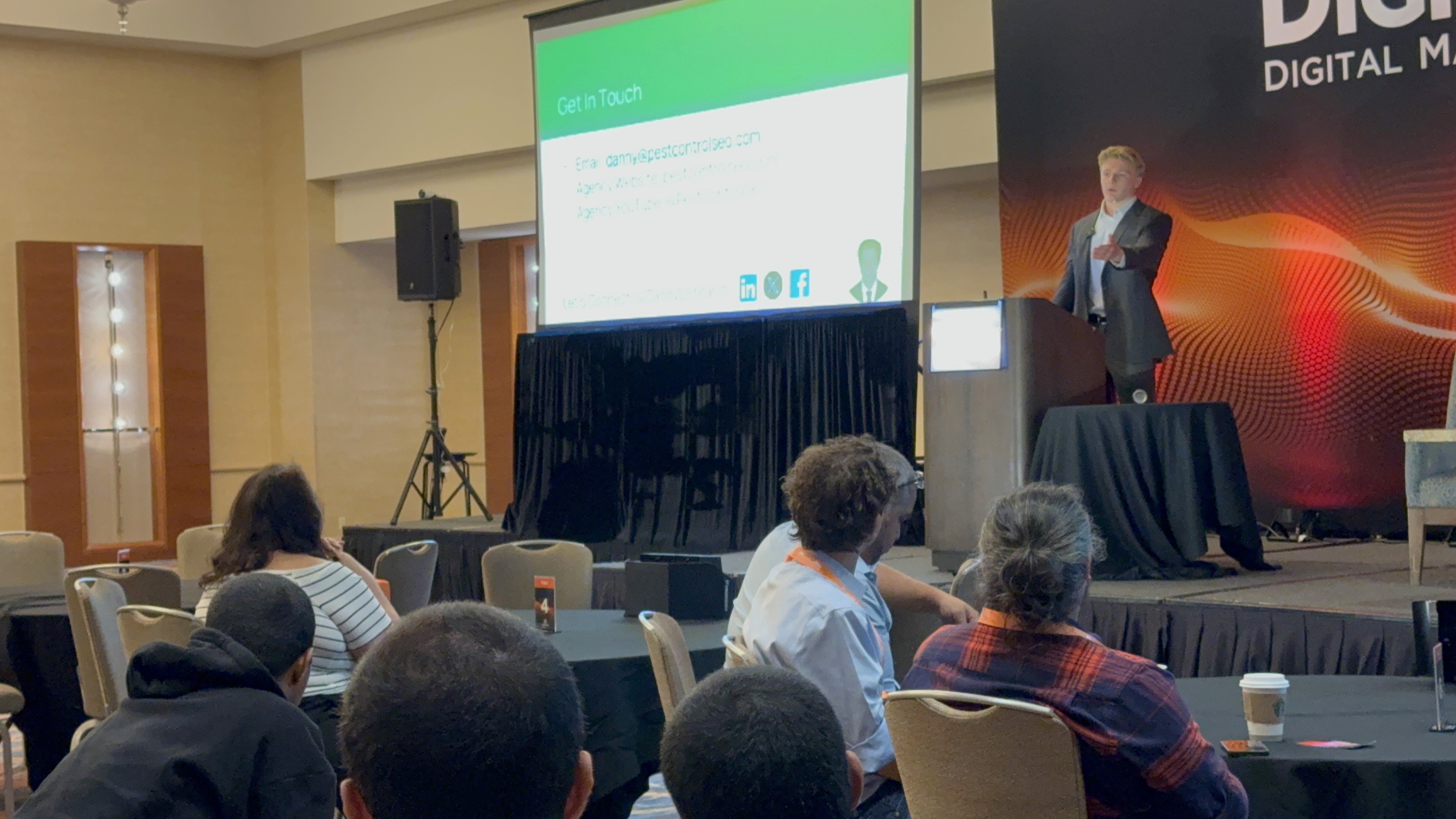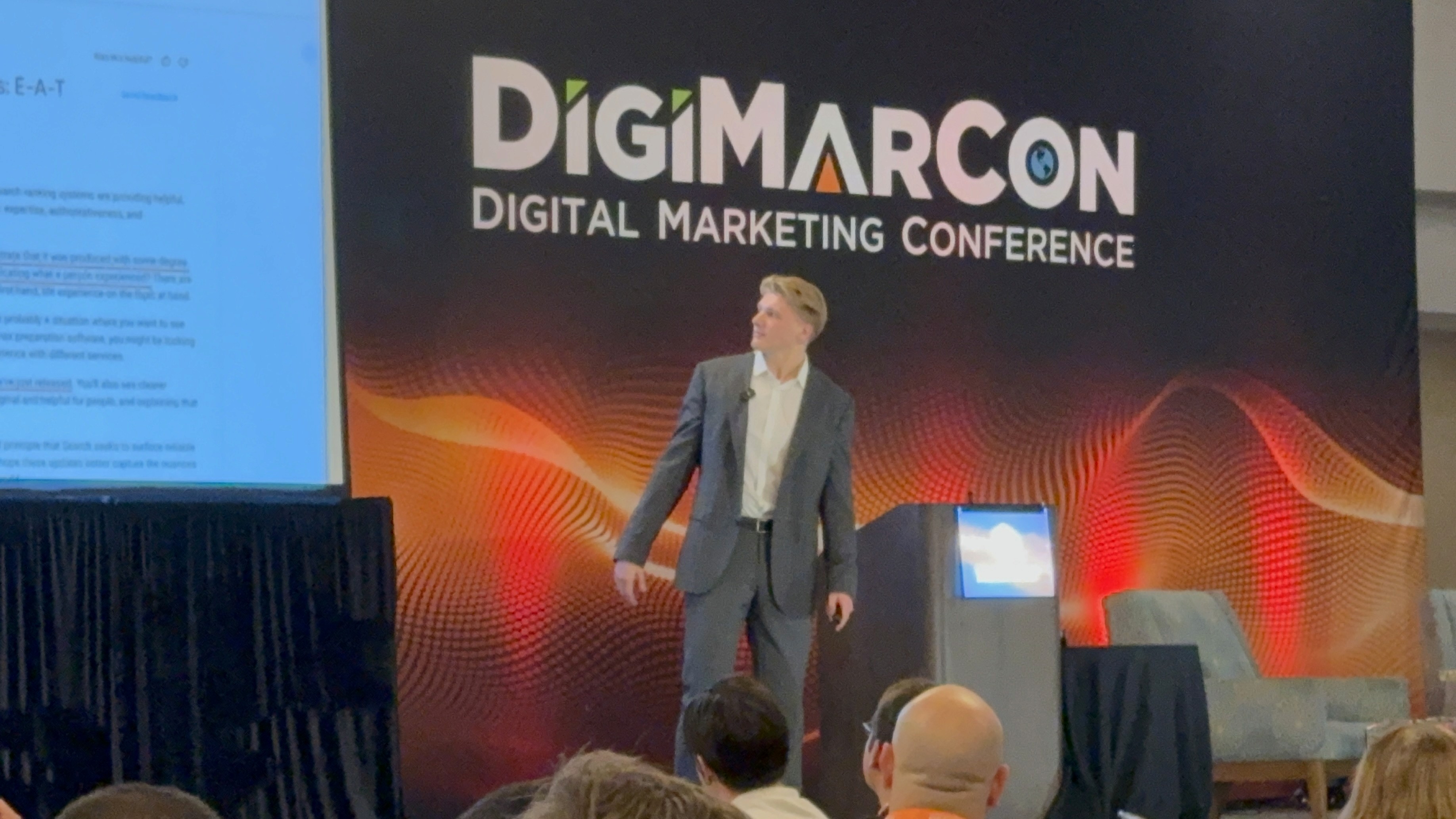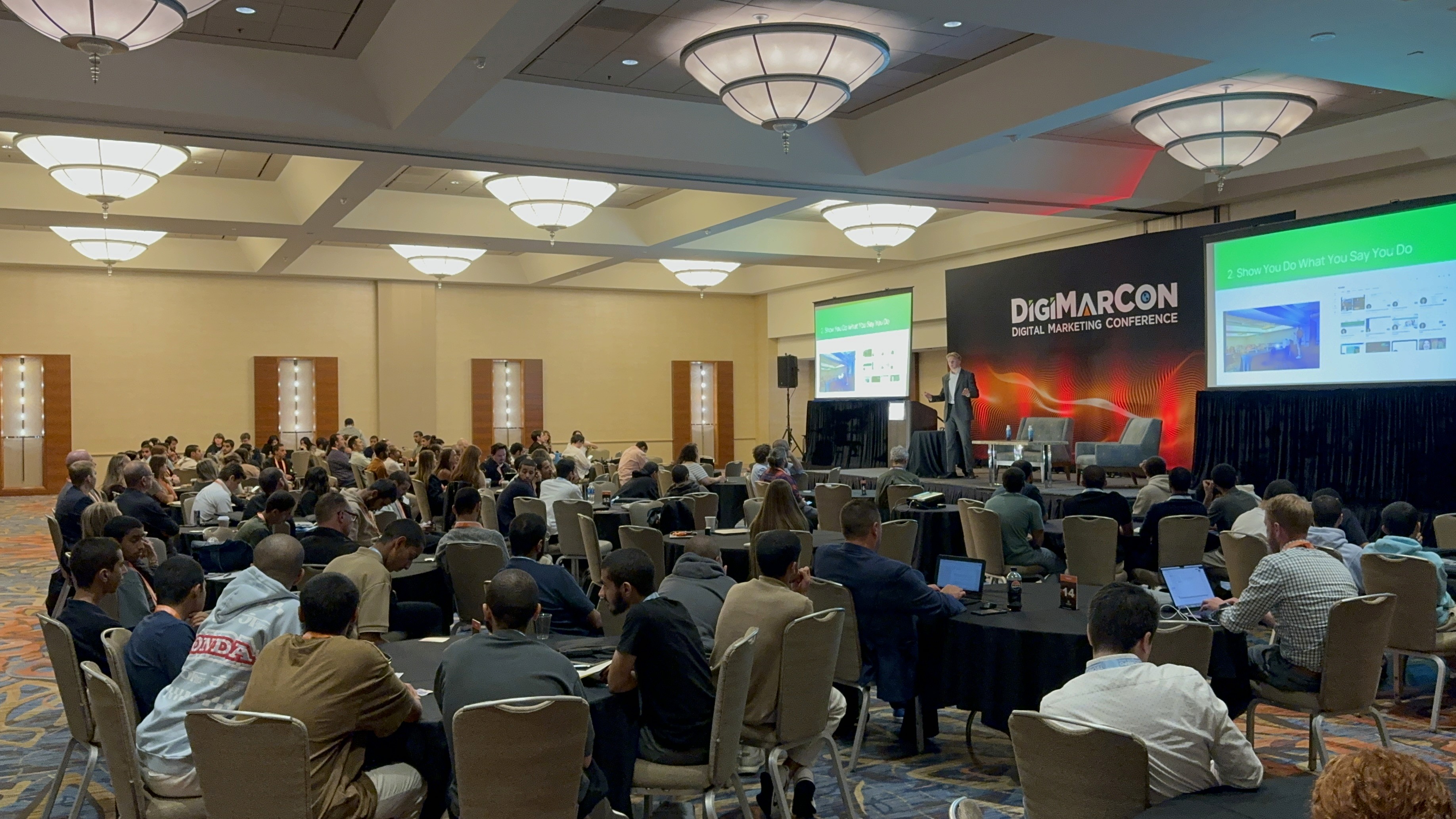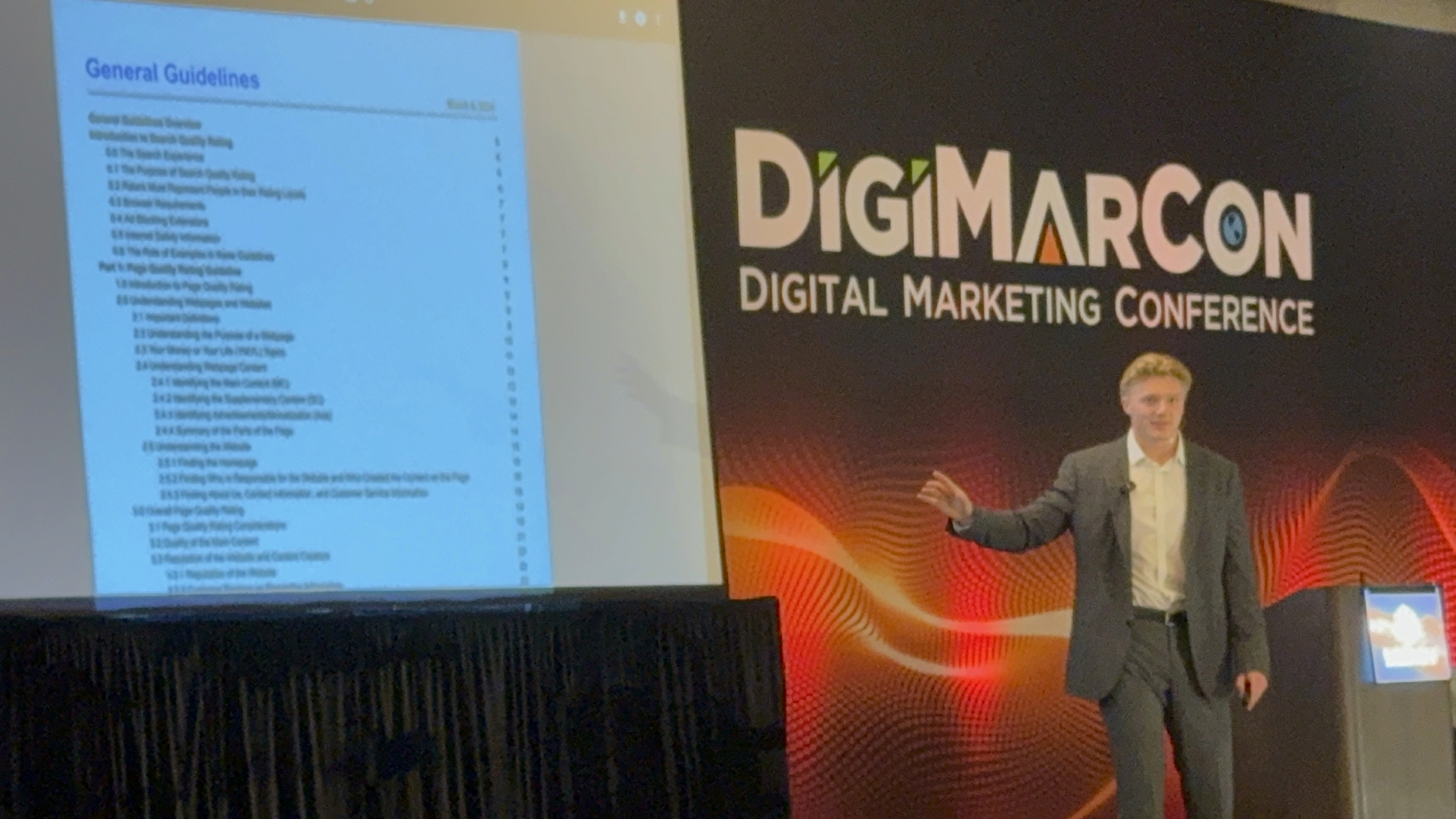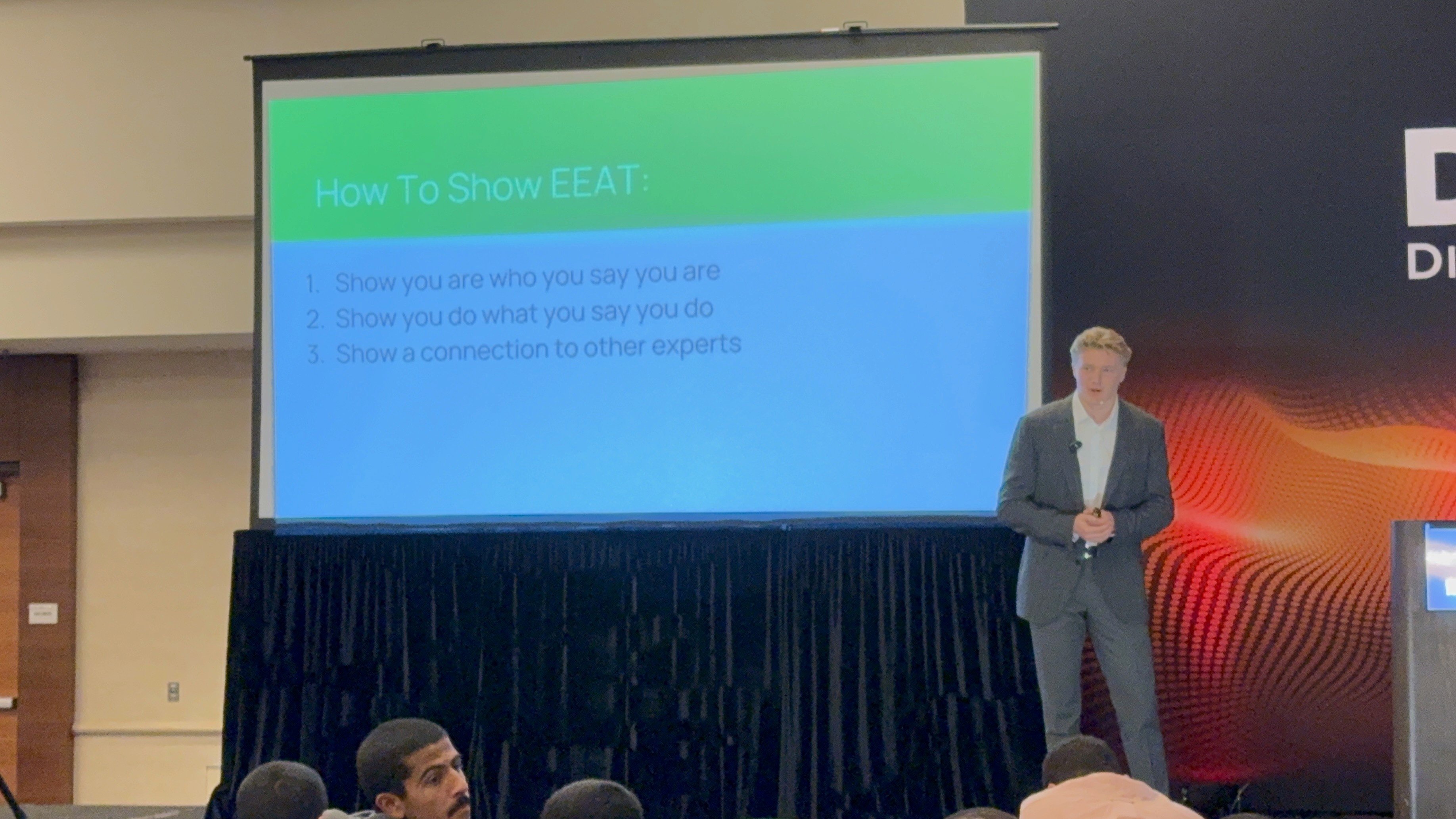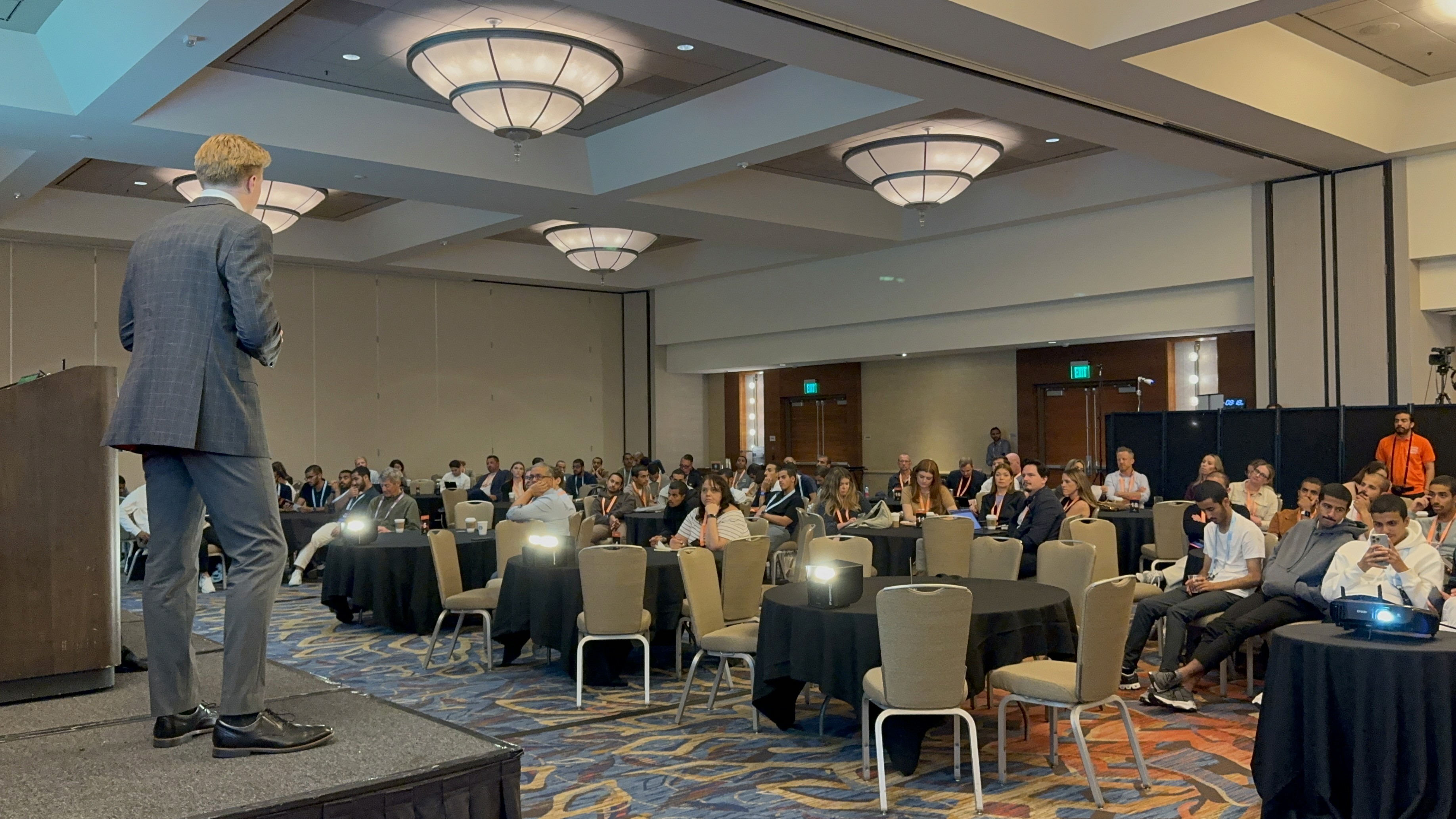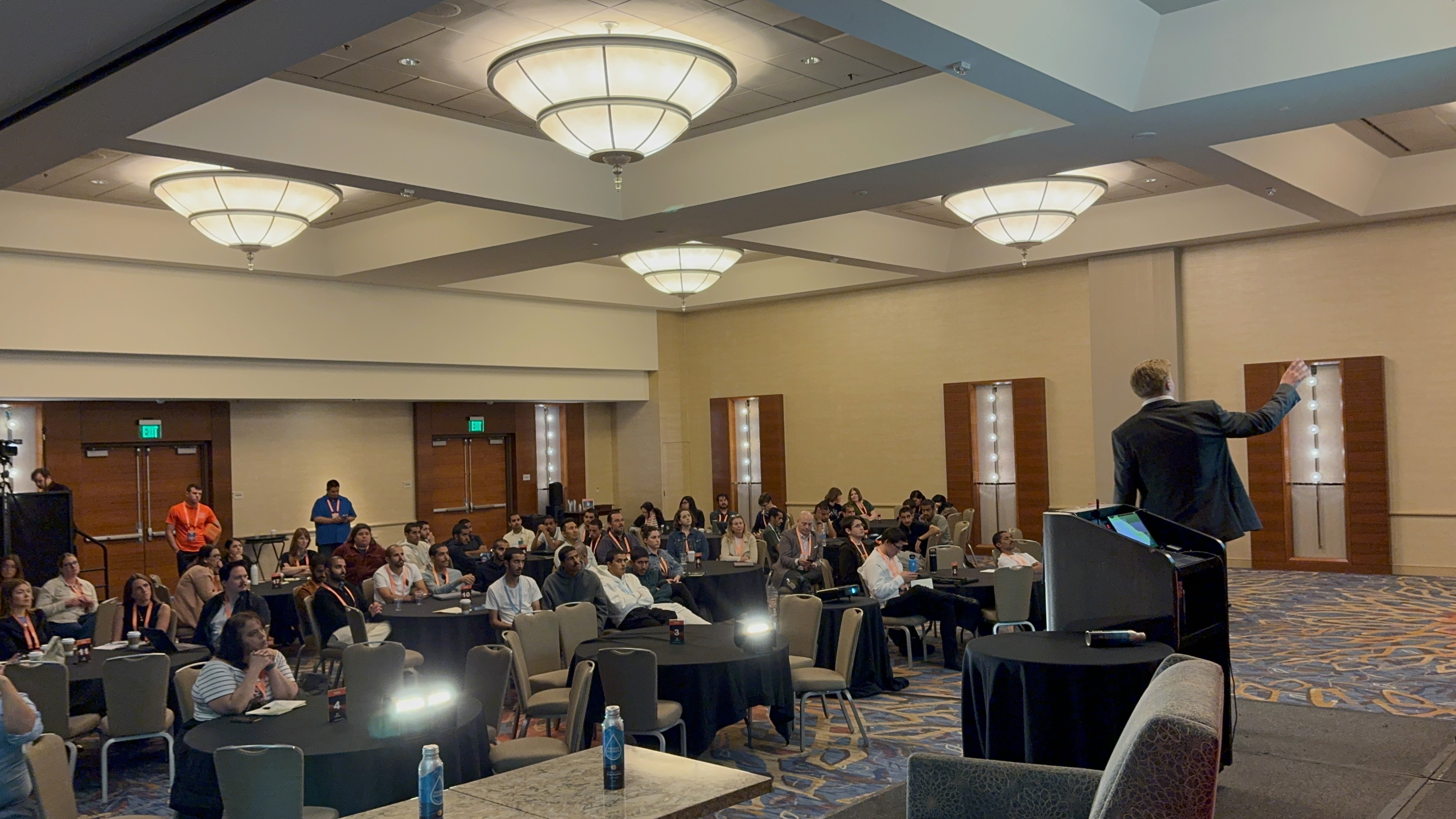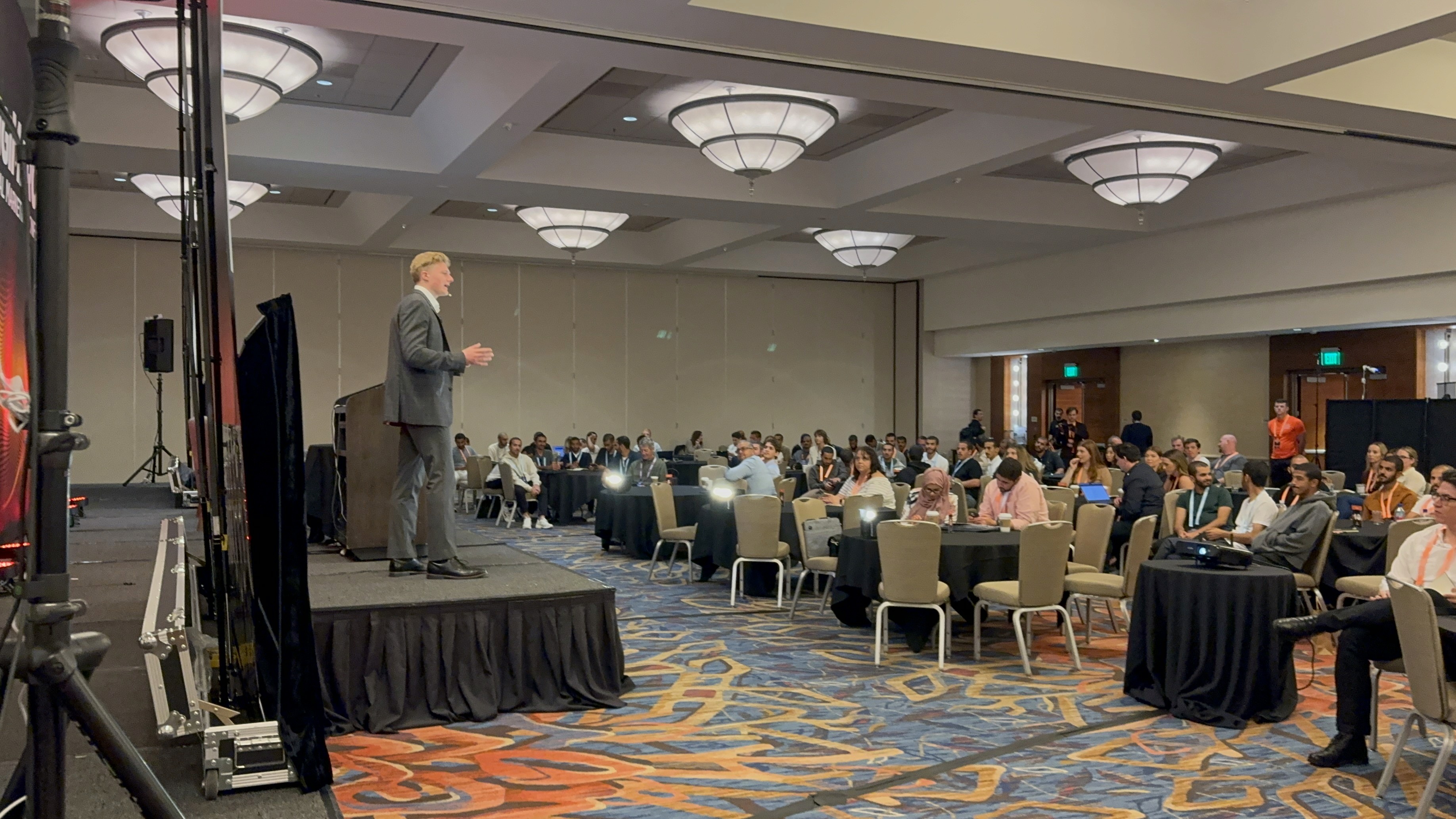SEO
Is SEO Dead? The Truth About SEO in 2025
Oct 24, 2024
If you've been in the digital marketing space for a while, you've probably heard the phrase "SEO is dead" more than once. It’s the kind of bold claim that sparks debates, and I get why people might ask this question. With the rise of AI, social media, and evolving search algorithms, SEO is constantly changing. But does that mean it’s dead? Absolutely not. In fact, SEO is more alive—and essential—than ever.
Let me break down why this myth exists, how SEO has evolved, and why it’s still a powerful tool for driving growth.
/ / / / / / / /
Why Do People Say SEO Is Dead?
The claim that SEO is dead often stems from misunderstandings or frustration with its changing nature. Here are a few reasons this narrative persists:
Algorithm Updates: Search engines like Google frequently update their algorithms, which can make old strategies obsolete. People who relied on outdated tactics might think SEO no longer works.
Rise of Paid Ads: With the prominence of Google Ads and social media advertising, some argue that organic SEO has taken a backseat.
Voice Search and AI: The rise of voice search, AI-driven tools, and direct answers in search results have changed how people find information, leading some to think SEO is less relevant.
How SEO Has Evolved
While some old SEO practices are indeed dead, the core principles of SEO have adapted to meet modern user behavior. Here’s what’s changed:
Focus on User Intent: Keywords alone aren’t enough anymore. Modern SEO is about understanding what users are searching for and delivering content that meets their needs.
Content Quality: Thin, keyword-stuffed content doesn’t cut it. High-quality, engaging, and authoritative content is the key to ranking.
Technical SEO: Search engines prioritize websites that are fast, mobile-friendly, and secure (HTTPS). If your site isn’t optimized technically, rankings will suffer.
Local SEO: With mobile search dominating, optimizing for local queries (e.g., “pest control near me”) has become critical for small businesses.
User Experience (UX): SEO now factors in user behavior—like how long people stay on your site and whether they click back to search results.
SEO in Numbers
If SEO were truly dead, these stats wouldn’t exist:
93% of online experiences begin with a search engine (BrightEdge).
The SEO industry is worth over $80 billion, and it’s still growing.
Organic search drives 53% of all website traffic, far outweighing paid search and social media.
Why SEO is More Important Than Ever
Search Engines Aren’t Going Anywhere: Despite new platforms and technologies, search engines remain the primary way people discover information online.
Cost-Effectiveness: Compared to paid ads, SEO provides long-term ROI. Once you rank, the traffic keeps coming without additional costs per click.
Ad Fatigue: Consumers are increasingly wary of ads and tend to trust organic results more than paid ones.
Voice Search and AI Opportunities: Instead of killing SEO, technologies like voice search create new opportunities. Optimizing for natural language queries can give you a competitive edge.
Myth vs. Reality: Is SEO Dead?

How to Succeed with Modern SEO
If you’re wondering how to stay ahead in today’s SEO landscape, here are some actionable tips:
Invest in Content: Create valuable, comprehensive, and engaging content that aligns with user intent.
Prioritize Technical SEO: Ensure your site loads quickly, is mobile-friendly, and uses HTTPS.
Optimize for Voice Search: Use conversational language and target long-tail keywords.
Leverage Local SEO: Claim and optimize your Google Business Profile and local directory listings.
Focus on User Experience: Make your website intuitive, visually appealing, and easy to navigate.
Final Thoughts
SEO isn’t dead—it’s just evolving. While old-school tactics like keyword stuffing or spammy backlinks are long gone, SEO’s core purpose remains the same: helping people find what they need online. As long as search engines exist, businesses will need SEO to drive organic traffic and connect with their audience.
The real question isn’t whether SEO is dead—it’s whether you’re ready to adapt to its changes and take advantage of its opportunities.
Latest
More Blogs By Danny Leibrandt
Get the latest insights on business, digital marketing, and entrepreneurship from Danny Leibrandt.





















